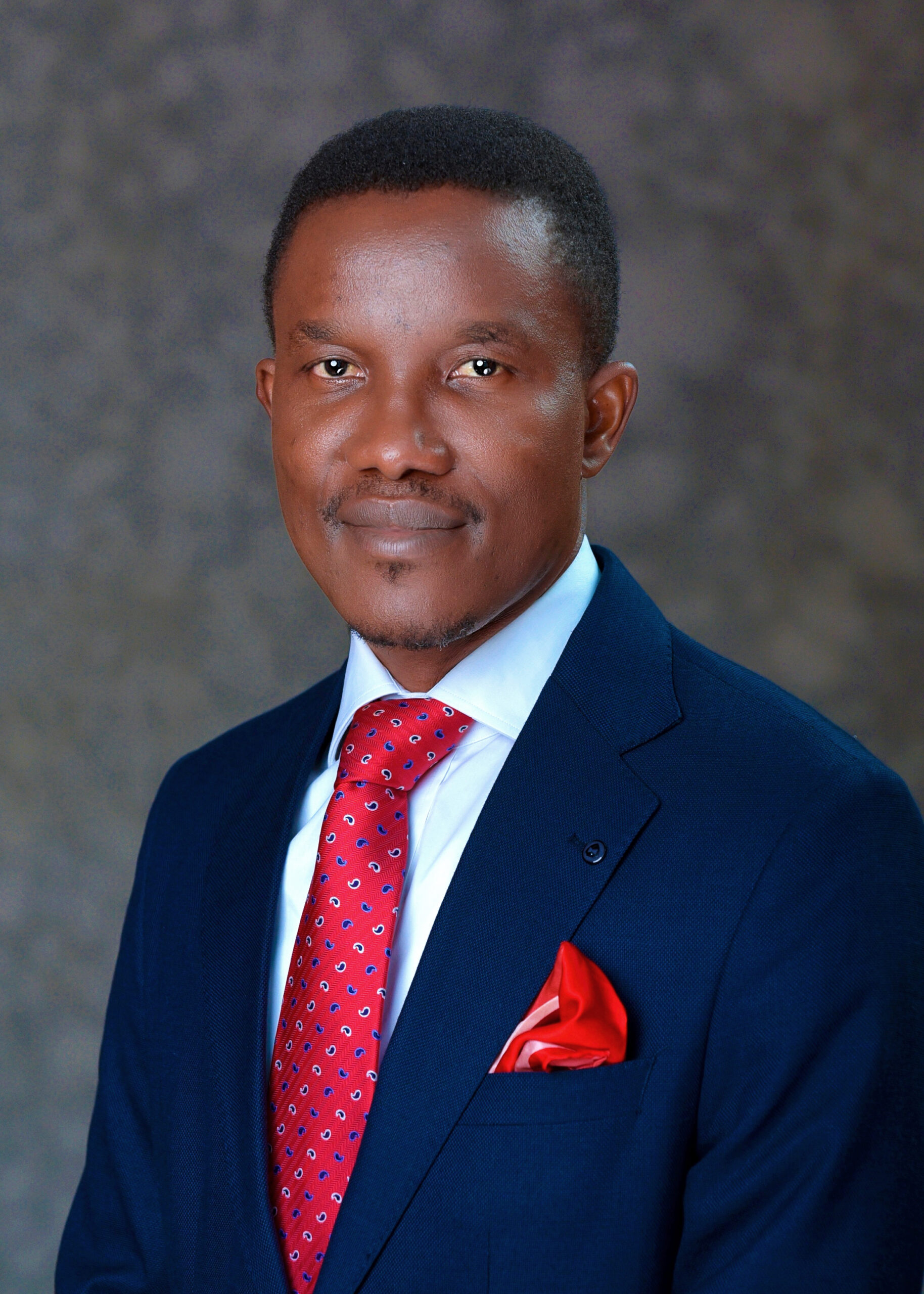A few years ago, I saw a post on the popular social networking site Twitter asking Nigerians
what the “Nigerian Dream” means to them. Curious, I checked the comments to see what
Nigerians consider the Nigerian Dream. Most respondents said the Nigerian Dream is to get an
international passport and Japa (a colloquial word to describe the trend of young and talented
Nigerians leaving the country for better opportunities abroad) at all costs. Another dominant
response was that the Nigerian Dream is to secure a slice of the national cake and enrich
themselves and their family at the expense of the rest of the country. Other comments were along
the lines of the Nigerian Dream being to “better pass my neighbour,” implying a sense of
competition or envy among neighbours who compare their living standards.
Frankly, I thought the answers were ridiculous until I pondered the question and quickly
discovered there was no single Nigerian Dream articulated and deliberately sold to generations
of Nigerians to incubate their aspirations and see themselves as part of a national project that is
larger than them.
I am privileged to have the opportunity to travel around the world quite often. I have observed
that citizens of many developed societies were born and raised into a shared national ideal that
fuels their individual aspirations and helps them see the bigger picture and how their actions
contribute to the building or destruction of their nation. One country has its people believe that
anything is possible within their land; that anybody from anywhere can become somebody
through sheer will and hard work. No “connections” are needed. This principle attracts people
from all over the world, including Nigeria, who are persuaded that they will make it in that
country.
In the absence of such an ideal in Nigeria, citizens frame variegated, often self-centred and
conflicting goals detrimental to national harmony, patriotism, and development. However, this is
not a citizen problem. It is a leadership gap that has gone unaddressed for decades, breeding
pervasive cynicism among Nigerians.
“To build a nation where peace and justice reigns” ends the second verse of our national anthem,
and I reckon, could be a good anchor for a national dream that represents the shared goals,
values, and aspirations of Nigerians, serving as a unifying force, guiding the nation’s efforts, and
shaping its future direction. But peace and justice have eluded Nigerians.
Democracy was supposed to help usher in a national dream that encompasses ideals of progress,
prosperity, equality, and societal well-being for Nigerians because democracy is a government of
the people, by the people, for the people. Nigerians do not believe they are in a democracy, and
the just-concluded elections proved as much. Widespread voter suppression, ethnic baiting,
flagrant results manipulations, and the usurpation of the clear will of the people have deepened
the disillusionment Nigerians feel about their country. People are abandoning their fatherland to
“Japa” abroad.
Almost daily, young Nigerians place a demand on me to pray for them as they relocate to other
climes: incredibly talented professionals and students who could have helped shape and build a
progressive Nigeria. Countries with an established national dream have gained them. If there was
a Nigerian Dream those young Nigerians connected to that powers their aspirations and that the
Nigerian state is actively building and promoting, they would be here making sure it is realised
against all odds. Because we have none of that, we lose people, skills, innovation, and progress!
Will our leaders ask themselves, “What is the Nigerian Dream?” Will they create one that is
inclusive and draws on the strength of our diversity to propose a united and progressive nation
every Nigerian feels proud of and loyal to? Will it be business as usual? And will Nigeria
continue to be a country where anything goes, and everybody looks to bleed until it can no
longer sustain any form of life? This democracy day should be a time of reflection, especially for
our political leaders.
No country develops without a national dream that reflects the people’s hopes and aspirations
and provides a sense of purpose and identity for the nation. Nigerians are resilient and have a
strong “can do” spirit. We need to design a national ideal that nurtures their strength and helps
them channel their grit and excellence to endeavours that move the country forward. As we step
into a new political dispensation, I urge the leaders to rethink the Nigerian idea and propose a
Nigerian Dream that restores faith in our democracy, fuels our aspirations and devotion to the
nation, guides our economic development, social justice, environmental sustainability, cultural
preservation, and technological advancements, and inspires future generations.
Happy Democracy Day, Nigerians. May our democracy flourish and may Nigeria prosper.
Godman Akinlabi is a preacher, author, and leadership expert inspiring individuals,
organisations, and governments to attain their potential.
